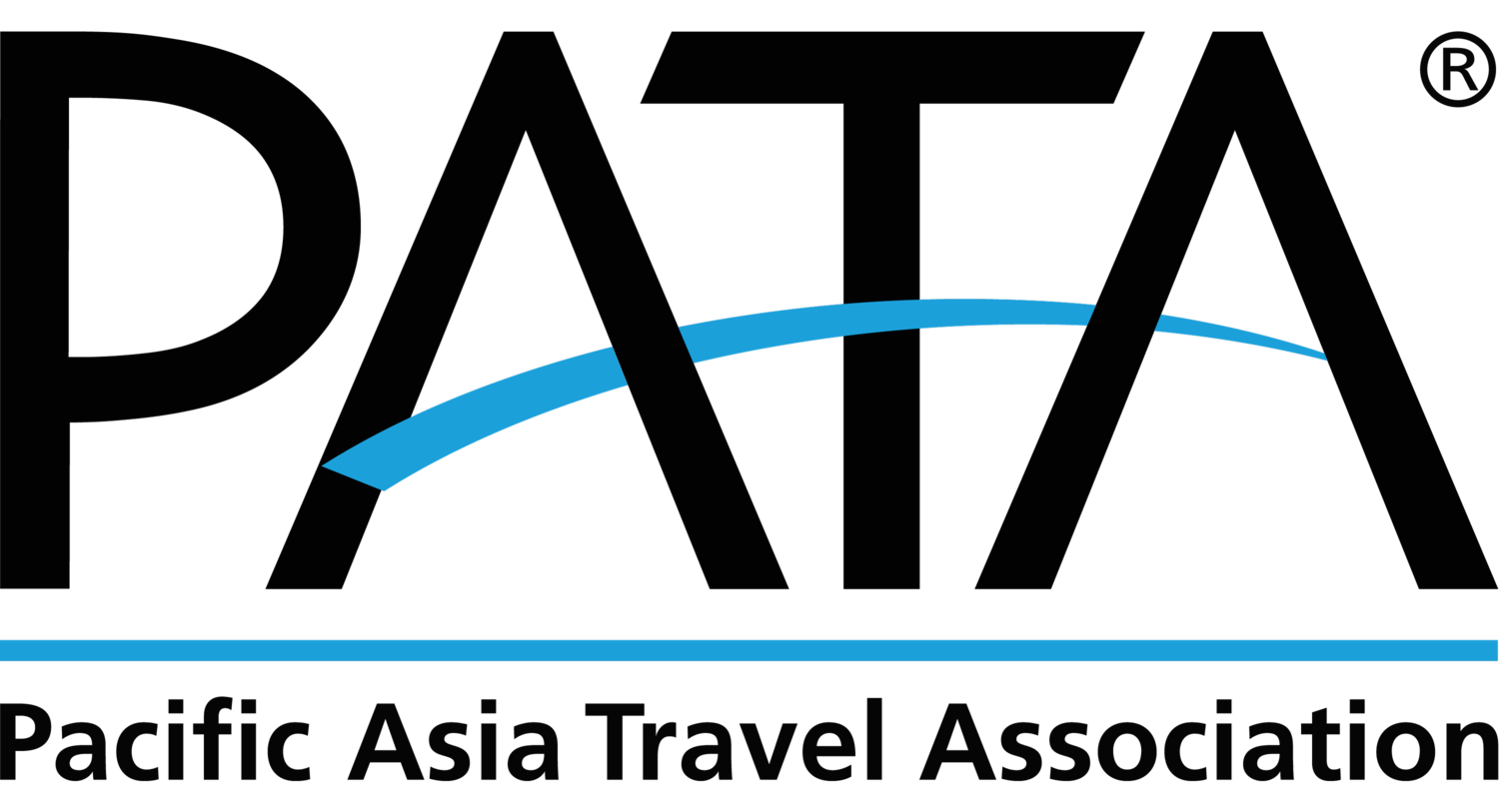IWD2023: “It is important to find ways to empower different community groups,” - IFTM President
“It is important to find ways to empower different community groups and ensure equal representation in discussion and decision-making.”
Macao Institute for Tourism Studies (IFTM) is the first institution in the world to be accredited by the UNWTO and a prominent provider of internationally-recognised vocational and occupational training. The Institute is also a 2-time winner (2020 & 2022) in PATA Gold Award’s “Human Capital Development Initiative” category, underscoring their continuous efforts in developing all young tourism professionals in the region, regardless of gender.
As the President of IFTM and a member of the PATA Executive Board, Dr. Fanny Vong, as an educator and a member of non-for-profit, talks about the role of non-profit organisations in ‘social innovation’, the value of it for the community, and how to overcome potential obstacles in achieving it.
1. In what ways do you think non-profit organisations in tourism (NTOs, educational institutes, Associations, to name a few) can help the industry progress in the field of social innovation as a whole?
Tourism is a highly inclusive industry, whether on the demand or supply side. On the demand side, anyone from anywhere, of any gender, age, ethnicity, religion, nationality, etc. can be a tourist. Because of this diversity, there is a wide range of needs and expectations to meet. On the supply side, therefore, the tourism industry enables, and actually requires, the participation of players with diverse backgrounds, skills and knowledge to meet those needs. Non-profit organizations in tourism often advocate themes that acknowledge and respect such diversity, for example, gender equity, equal employment opportunities, accessible tourism, protection for the informal workforce, community participation, cultural preservation, environmental protection, responsible consumption, and so on.
The ultimate aim is to balance tourism development with quality of life improvement. To achieve this, national tourism organizations, education institutions, tourism associations often work with local communities to launch social innovation initiatives, e.g. applying smart technologies to mitigate the negative impacts of tourism, developing open learning resources to help minority groups find better jobs, encouraging the use of local supplies, and promoting renewable energies.
2. How can social innovation contribute to more equity in the tourism sector and can you give examples of practices currently being conducted in the industry?
Social innovation aims to promote the common good, improve the livability of cities, and quality of life through finding new solutions to address a social issue or need, thereby creating value for the community as a whole. Success indicators often include equity in a number of aspects, including gender roles, employment, income distribution, and learning opportunities.
PATA (Pacific Asia Travel Association) is a non-profit international tourism industry association that works with member enterprises, tourism authorities and local communities in projects that promote inclusive and responsible tourism development, destination management, capacity building, and environmental protection, among other relevant topics. The annual PATA Gold Award recognises innovative approaches to human capital development, marketing, sustainability and social responsibility, as well as women empowerment.
3. Where do you see potential obstacles to social innovation and how can those be overcome?
A potential obstacle to social innovation is the lack of support and funding to push through new initiatives. Government authorities can consider setting up special funds to support social innovation initiatives that benefit the community. Nonetheless, there is sometimes a lack of understanding among certain community groups, including women, about their role in social innovation. Under-representation of these groups in local committees and decision-making bodies reduces the chance to participate actively in the debate of social issues. It is important to find ways to empower different community groups and ensure equal representation in discussion and decision-making. Organizing training workshops and sharing sessions on successful examples elsewhere would be useful to get the community thinking.
4. What’s the ONE message that you would like to send to the industry on achieving gender equity in tourism?
The tourism industry creates happy and memorable experiences for men, women, and children. To achieve that, it is necessary for both men and women to work together in an inclusive, encouraging, and happy environment. Genuine hospitality can only be provided by those who feel accepted and respected themselves.
About Macao Institute for Tourism Studies
Macao Institute for Tourism Studies (IFTM), established in 1995, is a public institution of higher education in Macao, China that offers degree programmes and professional training in tourism and hospitality.
IFTM offers undergraduate and postgraduate programmes, as well as professional training in a wide range of tourism-related disciplines such as hospitality, tourism business, heritage, events, retail and marketing, leisure and entertainment, sports and recreation, creative and cultural studies, and culinary arts. IFTM also delivers various programmes at the executive level in partnership with leading tourism schools in the world.

